The early years in focus: creating an event to support the sector
4 Sep 2023
As Children in Scotland prepares to host an international early years-focused conference, Learning & Events Officer, Arran Purdie, discusses what's involved in planning such a large-scale event and what her team expects to deliver on the day
On 6 November, Children in Scotland will host its first ever conference aimed specifically at supporting the Early Years sector. From world-renowned speakers to play-stations and toolkits, Building blocks for change: diverse needs in the early years (click here for more) promises to be an active learning experience and a vibrant networking event.
Having taught 4-5-year-olds myself, I know how few and far between professional development opportunities are for those who work in this part of the sector. I am also acutely aware of the challenges that staff face in this environment; not only do they have responsibility for ensuring the development of everything from social skills to fine motor skills, but they are also facing the aftermath of the pandemic - which greatly affected these youngsters in myriad ways.
When asked for their top tip for planning a successful conference, Monica from L&E says: “The more questions you can have answers to before the conference is upon you, the better. Plan beyond the big things, the more organised your logistics are, the smoother your day will go.”
So, building on this sage advice, let’s dive into what went into the planning of our upcoming conference.
Step 1: The brainstorming session
All great conferences start with a hot cup of coffee, a blank page, and a team of idea generators. The Learning & Events team is an eclectic crew from a wide range of backgrounds. One of us has worked as an outdoor educator, another in low-security residential for children with acute mental health difficulties, and one of us has a master’s degree in social welfare. This means that when we discuss themes and key areas for our conferences, we all bring a different perspective.
As Lizz from L&E says: “We draw on our collective knowledge of the sector to identify key themes and issues we want to present at the conference. It’s a delicate balance between developing existing contacts that we’re already collaborating with and broadening our reach. It’s extremely important to us that we continue to build relationships throughout the sector and share our platform with new voices.”
We always start with a ‘hot’ ideas-sharing session where each of us pitches some key themes based on our own knowledge and research into the sector. It is essential that our conferences address the aims of our Manifesto (click here to access), as well as the priority calls from Changing Our World (click here for more), our children and young people’s advisory group. Once we’ve explored a range of topics, we make our selection of which ones to take forward.
Step 2: Approach the speakers
Now the search for speakers. We hope to find the perfect balance between someone who can get to the heart of important matters in 50 minutes while also being engaging and relatable. From our wish list, we send out our invites with bated breath. And let’s not forget the joyous moment when you get a ‘yes’ from a speaker you thought was a long shot.
Finding the right speaker is like discovering a master storyteller, whose words have the power to ignite minds and open a path to learning. This year, we’ve managed to do just that in the form of our keynote speaker, Laura Henry-Allain MBE (click here for more), creator of the well-loved CBeebies series Jo Jo & Gran Gran (click here for more).
Step 3: Considering the whole child to build the programme
Once we have our speakers confirmed it is time to gather and develop all the content for the day. It is thrilling to see the speakers’ bios, key quotes and content arrive in your inbox.
There is now a real sense of how the day will flow, how each section complements another and how these presentations can empower those working in the children’s workforce.
For this conference, we are covering a lot of ground via the topics we will explore. We will look at everything from building trust with families, to the impact of crime on young children (we’ve all no doubt seen the startling statistics that domestic violence went up during the pandemic (click here for more)), to the interplay of nutrition, eyesight development, and making food fun. For those working in this field, it is imperative to consider the whole child, including aspects like their home environment and their relationship with food. This context helped us land on the title for the conference, “Building Blocks for Change: Diverse Needs in the Early Years.” We are keen that the title reflects the purpose of the event.
We encourage an interactive element at all our conferences and this one is no different. There will be facilitators at each table to lead activities. We will also simulate a typical early years classroom by creating a ‘play stations’ session at the end of the day to encourage delegates to network and provide an opportunity to learn some new tricks for their Early Years toolkits.
Step 4: The finer details - ensuring the day goes well
Now that the speakers are confirmed, and assets are in hand it is time to tackle the greatest of all conference challenges: the housekeeping. We want this to be invisible to the delegate – but trust me when I say it’s something that can make or break a conference experience.
From the work that goes into making our PowerPoint slides as engaging as possible, to providing interesting and engaging delegate packs, or ensuring the restrooms are inclusively sign-posted, the small details really matter. And let’s not forget the catering… we know how important good nutrition and regular refuelling is for a solid learning experience, especially for those with dietary requirements.
Ensuring these details are thought out well in advance makes a huge difference to how welcome and engaged we can make our delegates feel. As Cat from L&E notes: “Prepare as much as you can in advance, there will still be unexpected things that arise on the day so try to remain solution focused - even in the heat of the moment, as these surprises can present great opportunities too.”
Step 5: Seize the day
When the big day arrives, there’ll be a lot of running around, welcoming our guests, checking, and rechecking that the tech is on our side right up until the first speaker takes to the stage and everyone collectively exhales.
Putting on a conference requires a lot of research, problem-solving, organisation and creativity. In the end, when we are all together hearing the conversations erupt between delegates, witnessing knowledge being shared, and feeling the palpable buzz in the room, it is well worth the months of preparation.
As Jemma from L&E reminds us: “Don't be afraid to strike up a conversation with a stranger, who knows where it might lead and remember what happens at the conference doesn't have to stay at the conference! Put what you learn into practice once you return to your workplace, share thinking with colleagues who were unable to attend and reach out to new contacts.”
Having a wide array of delegates is key to a successful conference as your experience truly speaks to the challenges faced in this sector. Come share your stories and learn from others this November. We hope to see you there.
Click here to book for: Children in Scotland's Early Years Conference - Building Block for Change: Diverse Needs in the Early Years - Monday 6 November 2023, in Glasgow
Follow the conference on social media using #BuildingBlocks23.
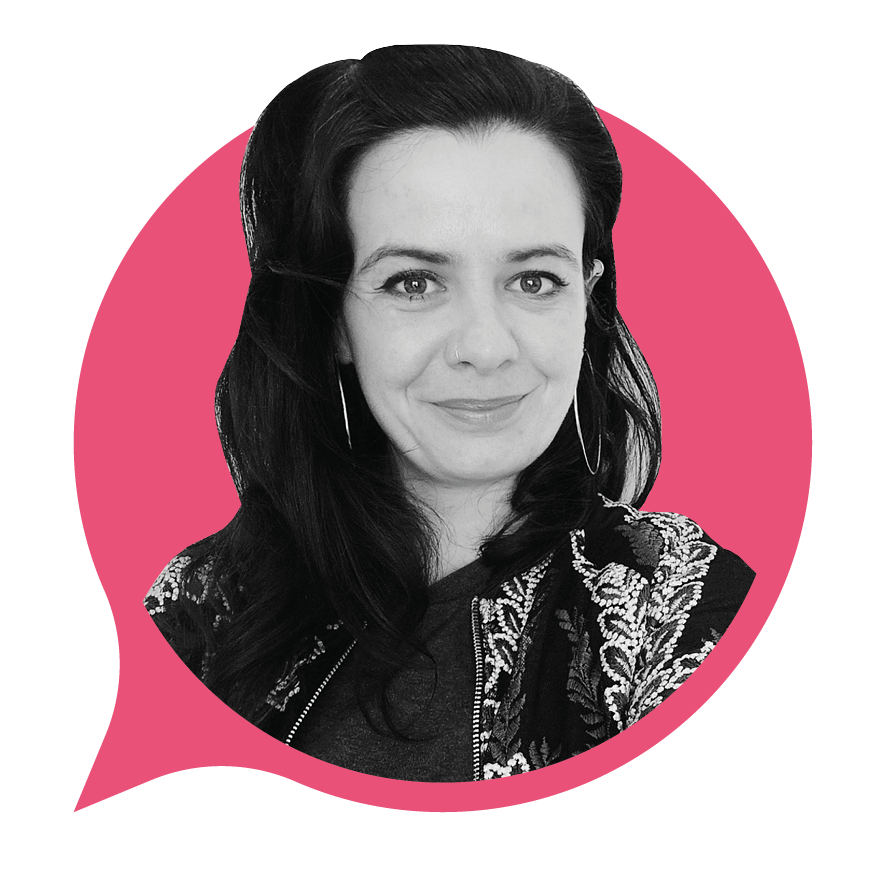
About the author
Arran Purdie is a Learning & Events Officer at Children in Scotland. Explore the range of learning we offer
Click here to learn more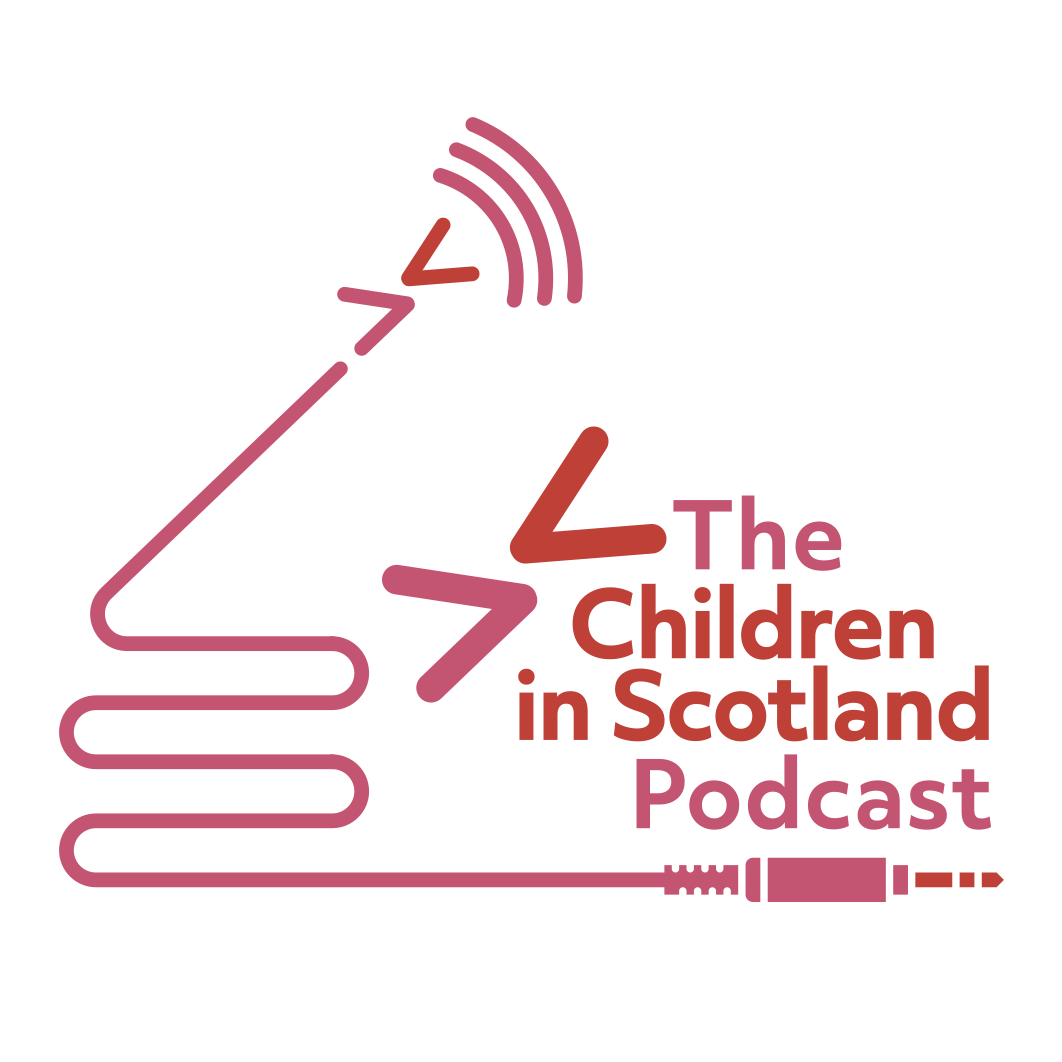
The Children in Scotland Podcast
Recent episodes include a discussion on how our learning programme is developed
Click here to access
Commissioned training
Do you have specific learning needs that could be met in a tailored way? We can help
Click here for more
Changing Our World (CoW)
Find out more about the work of Children in Scotland’s children and young people’s advisory group
Click here for more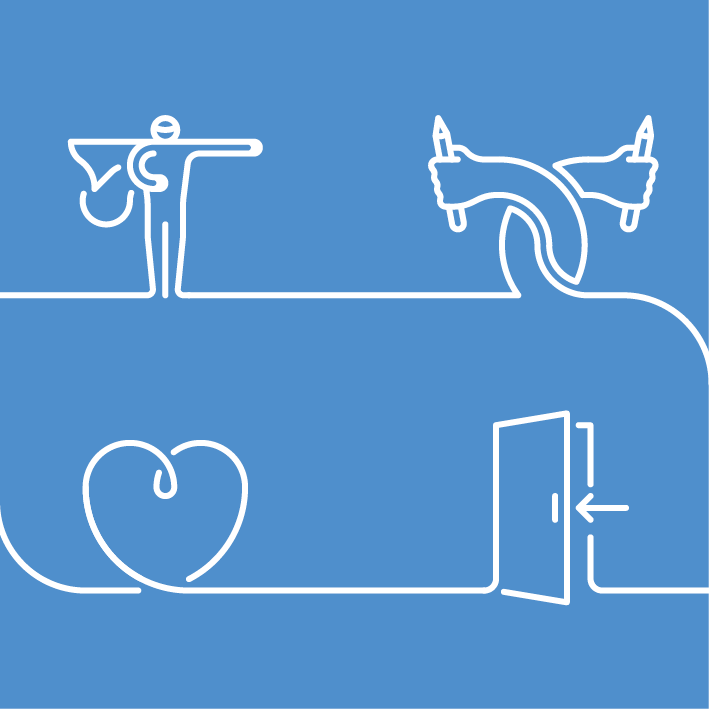
Our Vision and Values
Our values set out Children in Scotland's beliefs and qualities
Click here for more
2021-2026 Manifesto
Our Manifesto outlines key suggested changes in policy and legislation - it contains 10 themes and 33 calls
Click here to access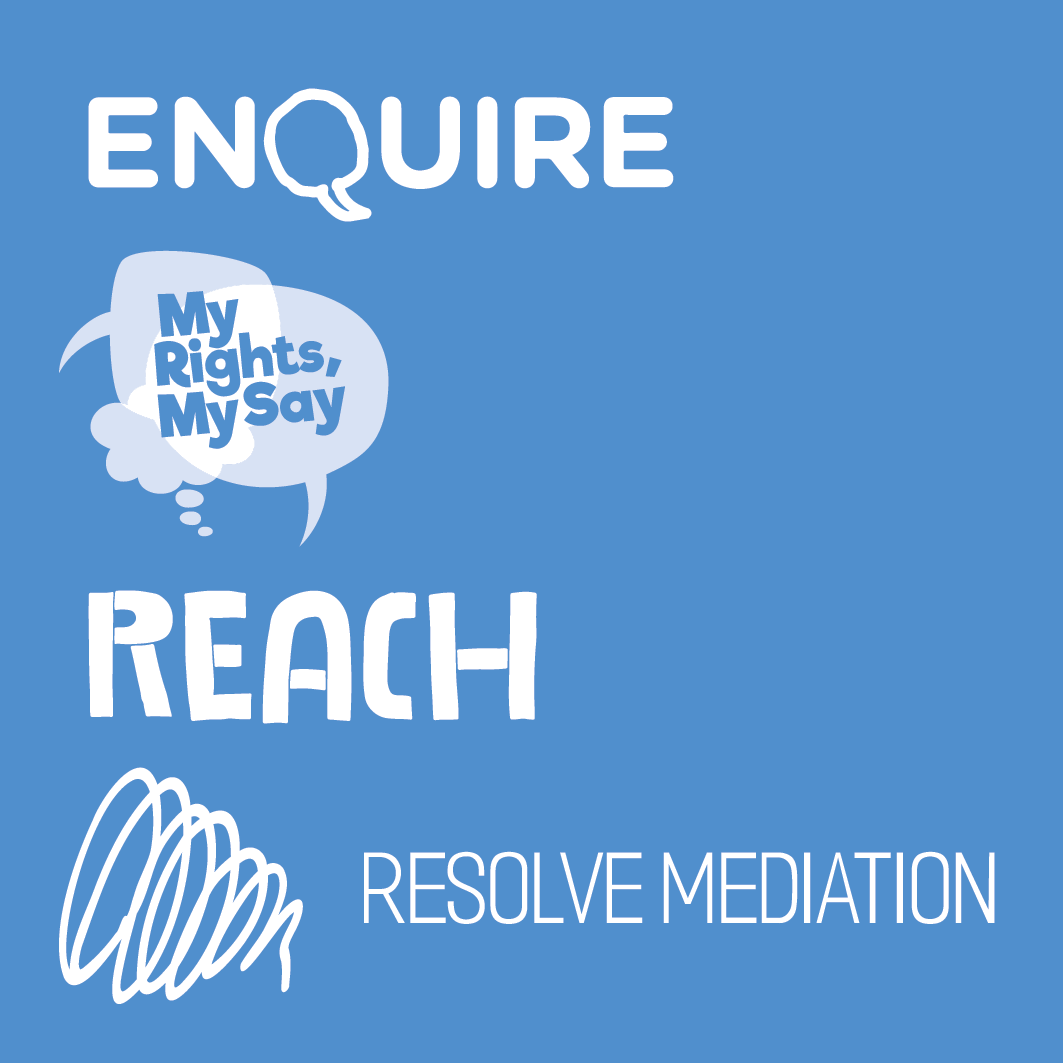
Our services
We offer we offer a range of services that provide support, advice and representation for children and families
Click here for more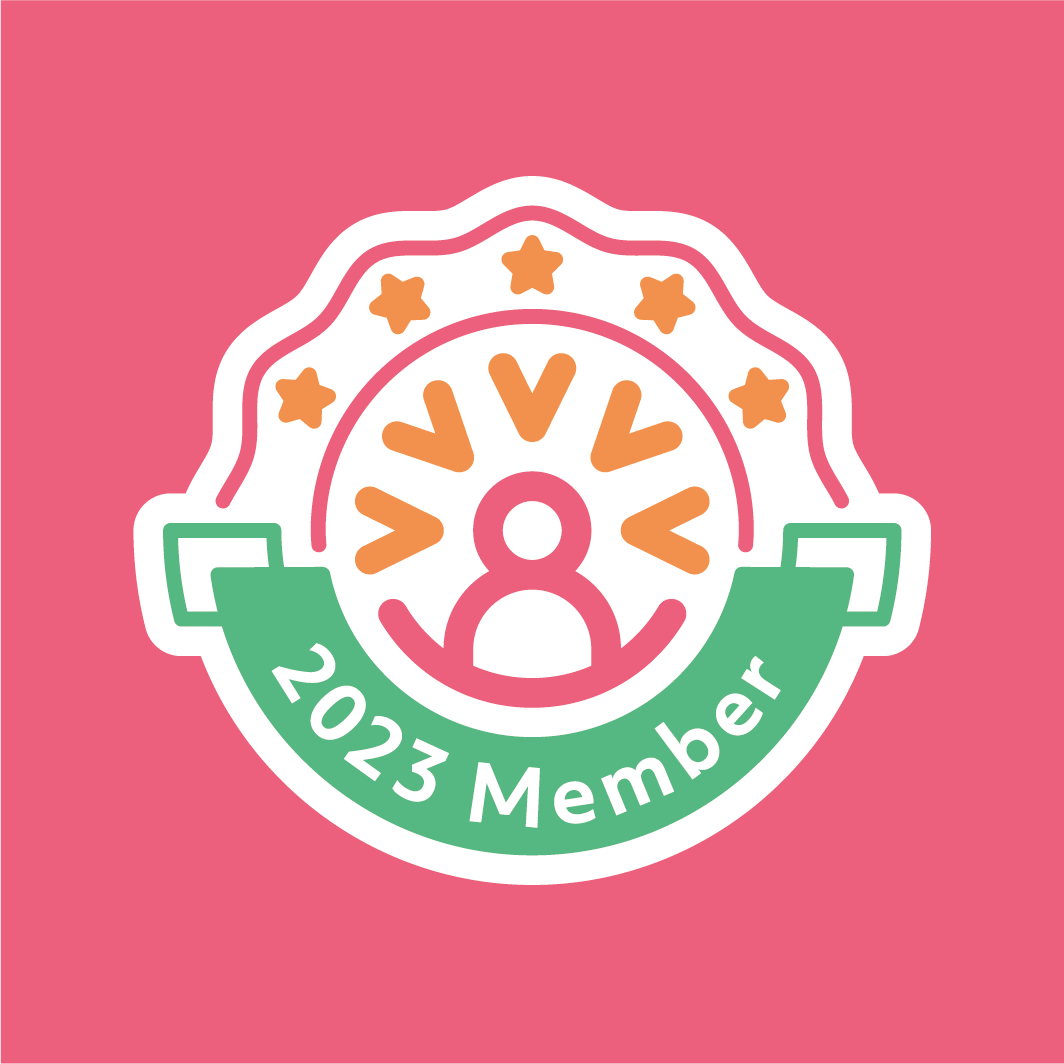
Our membership offer
Be part of the largest national children's sector membership organisation in Scotland
Click here for more